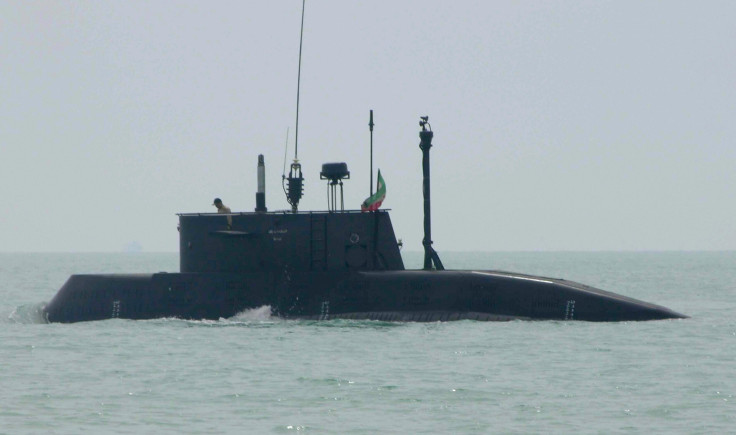Iran Drops Commitments On Uranium Enrichment, US Pulls Embassy Staff Out Of Baghdad

Iran announced Wednesday that it has formally dropped curbs on uranium enrichment and production of heavy water as laid out in the 2015 nuclear deal the country had inked with world powers.
The Wall Street Journal reported (paywall) that the U.S. is pulling out all its non-emergency staff from its embassy in Iraq capital Baghdad.
An official from the Atomic Energy Organization of Iran said the country's move is in line with the decision by the country’s Supreme National Security Council and was part of the 60-day ultimatum Iran had given to other nations to arrive at new terms to save the deal. The crisis began after the U.S. abruptly walked out of the deal and reimposed fresh, economically crippling sanctions on Iran.
More updates are expected to come Wednesday, said Iranian officials.
Iran’s supreme leader Ayatollah Ali Khamenei was quoted as saying to officials by state-owned IRAN newspaper that achieving 20 percent enrichment will be the most difficult step, but the next steps will be comparatively easier for Iran.
Recently Iran said that it would start higher enrichment in 60 days unless the global powers broker a new deal. It informed the European signatories to the deal about its concerns on the sanctions imposed by the U.S.
Behrouz Kamalvandi, spokesman for the Iranian atomic agency, Monday said Iran was beginning to start the necessary actions advocated by President Hassan Rouhani, in view of the U.S. sanctions. He added that Iran wants to strengthen the deal and claimed its intention is to “bring it back on track.”
The spokesman cited articles 26 and 36 of the deal, which talk about the oil-rich nation's rights to cancel some commitments in case sanctions are reimposed on it.
Rouhani had stated that his country has totally stopped the sale of excess uranium and heavy water as a preliminary step, as mandated by the deal. One week ago, the U.S. nullified Iran’s deals with Russia to exchange its enriched uranium and to sell heavy water to neighbouring Oman.
Though the European powers have turned town the Iranian ultimatum, they have offered to help save the deal. The European Union has asked Iran to honor the international accord, adding that it aims to import Iranian oil in the future, in spite of U.S. sanctions.
As tensions rise, the U.S. has sent the USS Abraham Lincoln carrier strike group and a bomber task force to the Middle East to strengthen the forces already there, in what it said is a "clear and unmistakable" signal to Iran.
Recent reports have said the White House has reviewed plans to send as many as 120,000 troops to the Middle East in case of an attack from Iran on its interests.
Both sides have, however, said they do not want a war.
© Copyright IBTimes 2024. All rights reserved.





















